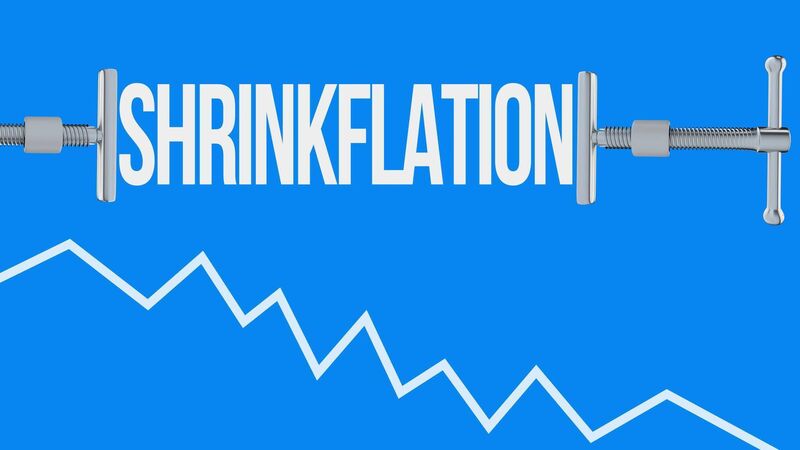Shrinkflation is back in the news — and here’s what it means for Irish consumers

The Collins English Dictionary defines “shrinkflation” as the practice of reducing the size of packaged food, like chocolate bars, while keeping the price unchanged.
The Collins English Dictionary defines “shrinkflation” as the practice of reducing the size of packaged food, like chocolate bars, while keeping the price unchanged.
Food manufacturers use shrinkflation to maintain profits while giving the impression that the product is the same.








